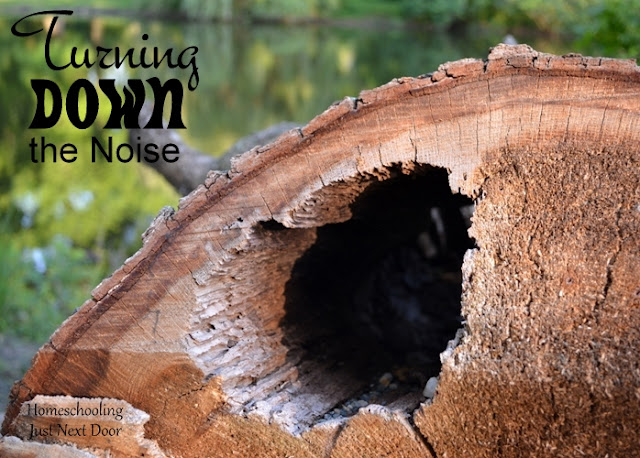It's the end of the school year. Are you celebrating?
Or, maybe, just maybe...you feel a bit different...
Do you feel like you have run a marathon? Are you exhausted? Have the tears flowed easily?
Have you had a less than stellar year?
Maybe you have made one too many mistakes and feel like giving up?
I understand.
Completely.
We just finished a year which I may or may not have compared our final months to crossing a finish line in a race car with four blown out tires.
Despite this dramatic {or traumatic} ending, I can whole heartedly say:
Don't give up on homeschooling!
Instead, learn from your school year. And for the future...
Change it. Simplify it. Make it different.
15 ideas to Change your Homeschool for the better
or to ponder as you relax in the shade this summer...
- Consider teaching less subjects by combining some
- Do less - more isn't always better and perhaps some activities could be removed
- Try multi-age teaching - (Subjects like history, science, art, music could be taught this way.)
- Start counting life learning lessons towards school time
- Try year round schooling - more time and less stress to fit it all in
- Create a shorter daily schedule
- Establish must dos and would be nice
- Don't do everything next year
- Pursue PE as a family - hiking, biking, boating, swimming, etc. can all be done as a family
- Change the physical surroundings - switch homeschool rooms, rearrange the furniture, change the wall décor to a more welcoming appearance
- Organize the books and supplies differently - make the homeschool area work for you
- Sign up for on line courses for those harder to teach classes
- Encourage independent learning
- Join a co-op or one day a week school
- Study an extra subject during the summer break (health, art, critical thinking, writing, logic, music, or poetry)
Related:
Order in the House, Please! {Ideas for a more peaceful homeschool house}
An Extra Dose of Encouragement {books to encourage}
Turning Down the Noise {when too many opinions overwhelm}
Finding Your Homeschool Fit
Six Things I Would Tell a New Homeschooler




























